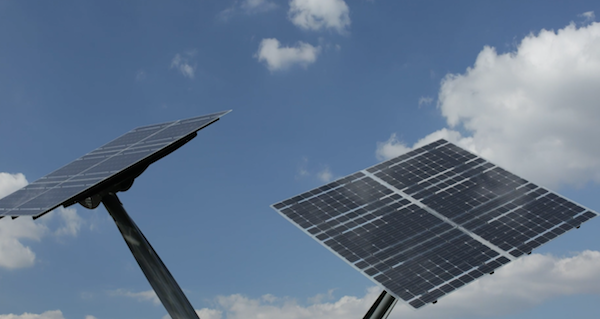How boosting funding for Focus on Energy can help us meet our economic and environmental challenges
While energy efficiency might not seem as flashy as solar panels or electric vehicles, it is the foundation of an effective strategy for ushering in a sustainable future. To reach Wisconsin’s 100% carbon-free energy goal, we need to wean ourselves off fossil fuels and transition to renewable energy. Employing energy-efficient technologies and practices lowers our overall energy demand, which puts that ambitious and necessary goal within striking distance. Efficiency also supports many clean energy jobs in our state and helps ease the energy burden of vulnerable communities, both of which are crucial components of an equitable recovery from the Covid-19 pandemic.
Fortunately, Wisconsin already has a cost-effective, nationally respected, and successful energy efficiency and renewable resource program in place that has been operating for 20 years. It’s called Focus on Energy. Focus on Energy is funded by Wisconsin’s investor-owned utilities, who are currently required to dedicate 1.2% of retail sales to the program, as well as participating municipal and cooperative utilities. The annual Focus on Energy budget amounts to roughly $100 million which is funneled into a variety of program offerings. From discounts on smart thermostats and light bulbs to agricultural equipment tune-ups and incentives for efficient heating and cooling, Focus on Energy helps Wisconsin residents, commercial and industrial customers, farms, tribes, schools, and government facilities save energy and money.
But by increasing funding and modernizing the program, we could do so much more to eliminate waste, create jobs, and meet our state’s climate goals.
Focus on Energy:
- Makes economic sense and helps Wisconsin residents and businesses. The program is incredibly cost-effective. Evaluations of Focus on Energy have shown that every dollar invested yields $5 in benefits for all ratepayers. Since 2011, Focus on Energy has delivered more than $1 billion in net economic benefits.
- Creates jobs. The program is good for our state’s economy and local businesses. In 2019, clean energy businesses employed 76,000 Wisconsinites, with over 80% in energy efficiency specifically.
- Has lots of room to grow. Right now, there is more demand than resources in Focus, meaning there’s lots of potential – in terms of energy and cost savings – left on the table. The current funding cap is arbitrary and hindering our ability to save money, create jobs, support our local economy, and build a healthy, sustainable future. Studies have shown that doubling would continue to yield cost-effective benefits.
- Can help usher in exciting new technology. Modernizing the program will help Wisconsin residents and businesses keep up with the times – employing smart technology to use electricity when it’s cleanest and cheapest.
- Promotes equity and helps our neighbors who need it most. Efficiency measures help ratepayers save money on their energy bills, which is especially important for low-income customers who spend a higher portion of their income on energy bills. In the U.S., the average energy burden of low-income households is three times higher than that of non-low-income households. Compared with white households, the average energy burden of Black households is 43% higher, in Native American households it’s 45% higher, and in Hispanic households it’s 20% higher. Age is also a factor; older adults over 65 face a 36% higher energy burden than the average household.
At a time when many Wisconsin families and businesses are struggling, we shouldn’t be leaving savings on the table that could help drive an equitable economic recovery and fight climate change at the same time. Clean Wisconsin applauds the doubling of Focus on Energy funding proposed in Governor Evers’ 2021-23 state budget, and we encourage our members to contact their legislators and share comments through the Joint Finance Committee public hearings in support of this common sense, energy and cost saving action.

